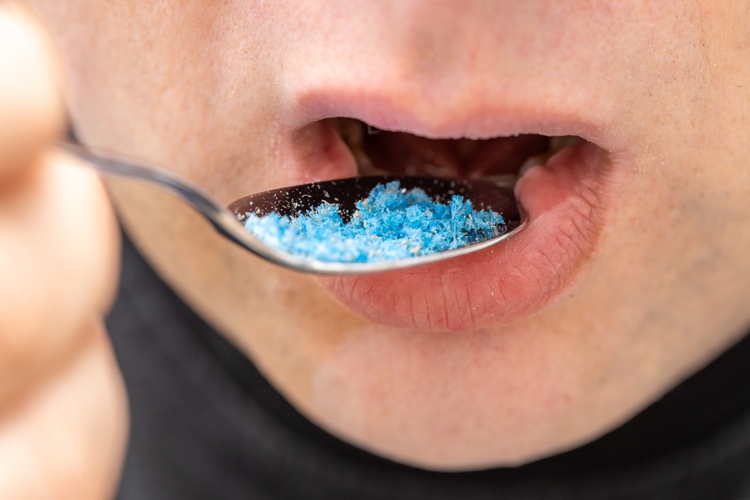
A study has discovered microplastics in human testicles and scientists fear this might be impacting reproductive health
By
Microplastics. They’ve been around for at least sixty years, but it was only in 2004 that a team from Plymouth University’s, International Marine Litter Research Unit, first drew attention to the fact that microplastics had been building up in the world’s oceans. Since then, we have discovered that microplastics, which are tiny bits of plastic less than five millimetres long, can be found in every environment on Earth; from the polar regions, to the deepest ocean depths and on the summits of the biggest mountains. We’ve even found it in the food and water we – and most other life forms – consume. As the plague of microplastic has become better known to the general public, we have discovered these tiny pollutants present in human blood, placentas and even breast milk.
And now, a new study by a team from the University of New Mexico, and published this month in the journal Toxicological Sciences, has revealed that we can add human – and dog – testicles to the places where microplastics have been discovered. The team reported finding 12 types of microplastics in all of the 47 canine and 23 human testes that were tested.
In dogs, the average concentration of microplastics in testicular tissue was 122.63 micrograms per gram of tissue (a microgram is a millionth of a gram). In human tissue the average concentration was 329.44 micrograms per gram — nearly three times higher than in dogs
“Our study revealed the presence of microplastics in all human and canine testes,” Prof Xiaozhong Yu, one of the study authors, said. To make matters worse, the team was also able to quantify the amount of microplastics in the studied tissue samples using a novel analytical method that revealed correlations between certain types of plastic and reduced sperm count in the canine samples. The human testicles had been preserved and so their sperm count could not be measured, but the team said that the discovery might be linked to the worldwide declining sperm counts in men.
Commenting on these findings Prof Yu said, ‘At the beginning, I doubted whether microplastics could penetrate the reproductive system. When I first received the results for dogs I was surprised. I was even more surprised when I received the results for humans.’
Environmental groups have been calling for action on microplastics for some time and commenting on these findings, Jane Martin, CEO of environmental charity City to Sea said, ‘Time and time again researchers are presenting the evidence that plastic is impacting human health, and yet the government continues to drag their heels and remain inactive. At the UN Global Plastics Treaty negotiations, government representatives refused to cap plastic production, playing into the hands of the billion-dollar fossil fuel industry. Plastic is dominating our lives and putting human health in crisis. The pollution, the research and the proof are piling up.. enough is enough. The only solution is a cap on plastic production, definitive bans on unnecessary single-use plastics and legally binding reuse targets to set us on the path to a plastic-free future.’
Related articles:




